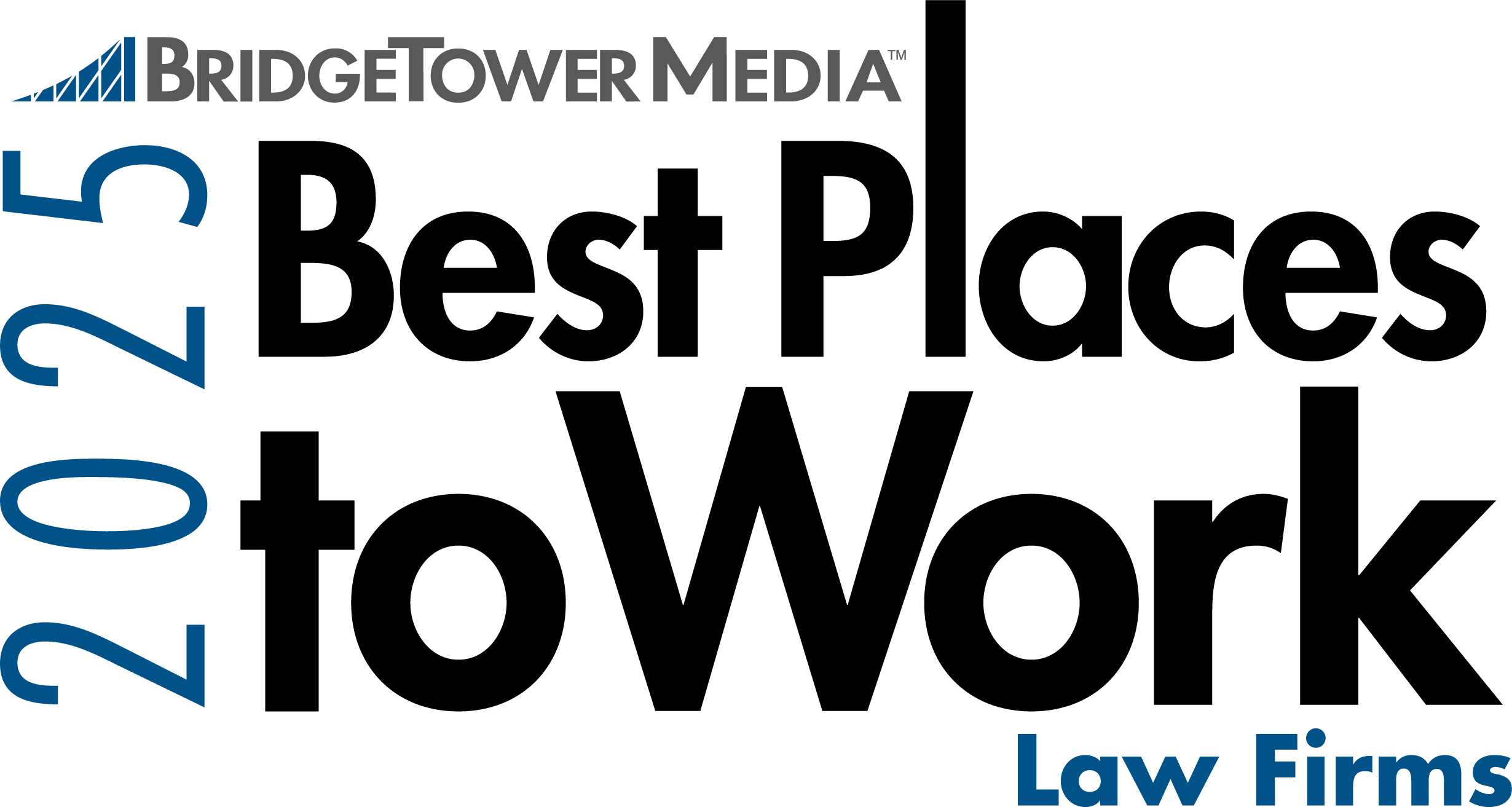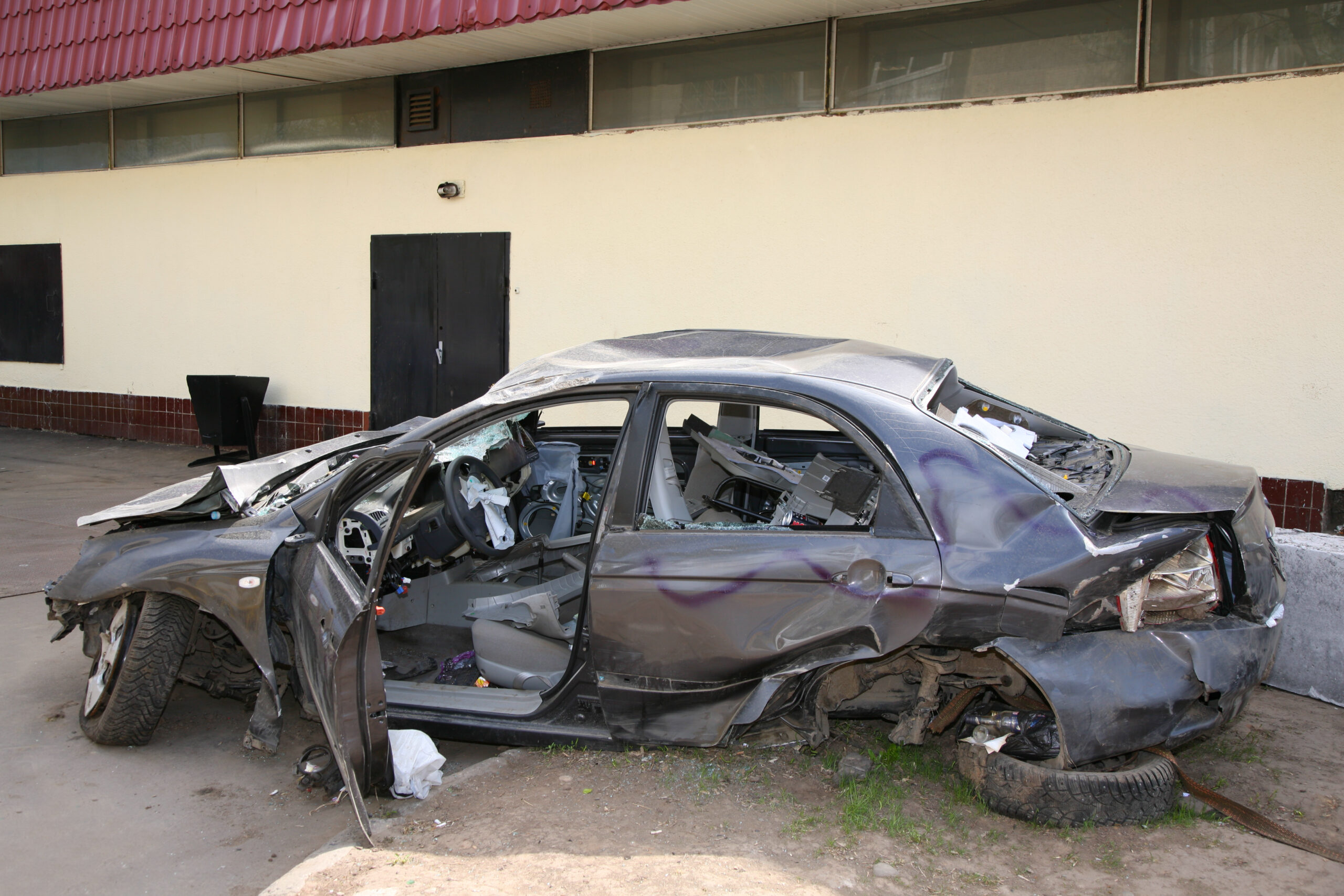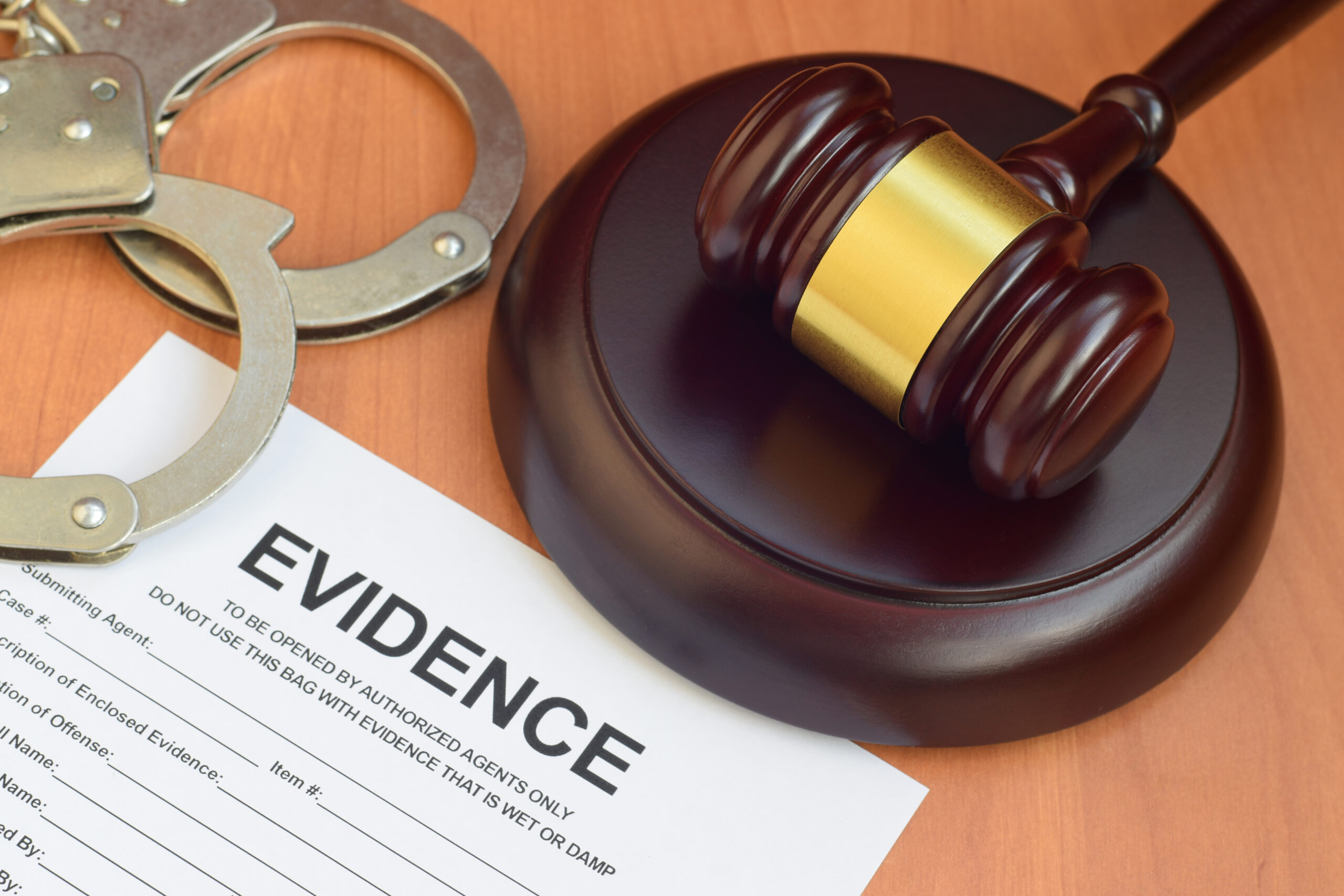Suffering injuries or losing someone you love in a crash caused by a drunk driver leaves lasting consequences. Medical treatment, mised work, and ongoing pain can disrupt daily life in ways most people never imagine. Families often struggle to pick up the pieces while also wondering how they’ll cover the growing financial burden. Building a strong legal claim requires detailed proof, and knowing how to collect evidence after a drunk driving accident gives you the best chance to hold the responsible driver accountable.
A Missouri drunk driving accident lawyer can handle the details of your claim while protecting your rights. Skilled legal guidance helps ensure that no key evidence is overlooked. If you or a loved one suffered harm in a crash with an impaired driver, consider reaching out for a free consultation to learn more about your options.
Key Takeaways About Missouri DWI Accidents
- Time-sensitive evidence collection at the scene
- Documentation of physical and testimonial evidence
- Understanding Missouri’s legal requirements for DWI cases
- Preserving evidence for maximum compensation potential
- Professional legal assistance enhances evidence quality
What Evidence Should You Collect Immediately After a Drunk Driving Accident?
The moments after a crash often feel chaotic. Still, certain steps taken at the scene can provide strong evidence for your case later. Quick action helps protect the integrity of the facts before they fade or disappear.
Police Reports and Officer Observations
When police arrive, they’ll create an official accident report. This report usually includes:
- Initial findings: Basic details like location, time, and weather.
- Officer observations: Notes about the suspected drunk driver’s behavior, appearance, or speech.
- Citations or arrests: Records of breath tests, field sobriety tests, or arrests made on the spot.
These details carry significant weight in both criminal and civil cases. Requesting a copy from the police department gives you a reliable starting point.
Photos of Vehicle Damage and Accident Scene
Pictures often reveal details words can’t capture. Snap photos of:
- All vehicles: Include license plates, damage, and positioning from different angles. Wide shots show the entire scene, while close-ups highlight impact points.
- Road conditions: Skid marks, broken glass, and scattered debris help show speed, braking distance, and force of the crash.
- Traffic environment: Photograph stoplights, signs, or intersections to establish whether traffic laws were followed.
- Injuries: Document visible wounds like cuts, bruises, or burns. Take follow-up photos as injuries heal or worsen to show progression.
Accident scenes change quickly once vehicles are towed and road crews clear debris. Photos serve as an unchanging record that keeps the story intact.
Driver Behavior Documentation
If you notice slurred speech, stumbling, or erratic behavior from the other driver, make a note or record video if possible. Details like bloodshot eyes, the smell of alcohol, or open containers in the vehicle provide strong support for intoxication claims. Even short notes taken on your phone about what you saw and heard may become useful later.
Witness Contact Information
Bystanders often leave once the police finish their investigation, but their testimony can become one of the strongest parts of your claim. Write down their names, phone numbers, and email addresses before they walk away. Witnesses may recall details you missed, like the drunk driver swerving before the crash or nearly colliding with another car. Their outside perspective often adds credibility that strengthens your case.
Medical Attention and Documentation
Seeking medical care immediately does two things. First, it protects your health. Second, it creates a written record linking the crash to your injuries. Emergency room reports, doctor’s notes, and imaging scans all connect the event to the harm suffered. If you wait days before seeing a doctor, the insurance company may argue your injuries came from something else.
Following treatment instructions and keeping every appointment also shows you took your injuries seriously. Save copies of prescriptions, physical therapy referrals, and hospital discharge paperwork for your file.
How Do You Preserve Critical Evidence Before It Disappears?
After leaving the accident scene, new challenges arise. Some forms of evidence naturally degrade or become harder to access with time. Preserving them early strengthens your case.
Securing Surveillance Footage
Nearby businesses, homes, or traffic cameras sometimes capture the crash. The problem is that most security systems record over old footage within days or weeks. Once erased, the video is gone forever. A lawyer can send a “preservation letter” to the business or agency, which formally requests that the footage be saved. Acting quickly often makes the difference between securing video proof and losing it for good.
Obtaining Cell Phone Records
If the drunk driver also used a phone while driving, cell phone records may show call logs or texts sent near the crash time. These records require formal legal requests, but they can prove distraction on top of intoxication. In some cases, GPS data also shows speed and location, helping reconstruct the driver’s actions in the minutes leading up to the collision.
Preserving Vehicle Evidence
The condition of your car and the drunk driver’s vehicle both matter. Modern cars contain “event data recorders,” sometimes called black boxes, which store information about braking, acceleration, and seatbelt use seconds before a crash. Mechanics can download this data before repairs are made. Photos of the wrecked vehicles also help reconstruction experts explain how the crash happened. Avoid repairing or selling your car before documenting its condition fully.
Medical Records Collection
Continue collecting all medical documentation as you recover. This includes hospital bills, prescriptions, therapy notes, and receipts for assistive devices. Keeping everything in a single folder or digital file prevents important records from getting lost. Over time, this paperwork shows the long-term impact of the crash on your health, which helps support claims for ongoing treatment and future medical needs.
Social Media Documentation
Sometimes, drivers post incriminating details online, such as photos of drinking before the crash or comments admitting fault. Screenshots captured right away prevent the driver from deleting posts later. Even check-ins at bars or time-stamped photos may help establish a timeline of drinking. A lawyer can guide you on which posts matter most and how to use them effectively without violating privacy rules.
What Are Missouri’s Specific Laws Regarding Drunk Driving Evidence?
Each state applies unique rules to DWI-related accidents. Missouri enforces several key laws that directly impact evidence collection in drunk driving accidents.
Missouri’s Implied Consent Law
This law requires drivers to submit to breath, blood, or urine testing if suspected of driving under the influence. Refusal often leads to an automatic license suspension. These results or refusals can both support your civil claim.
BAC Testing Requirements
In Missouri, a blood alcohol concentration (BAC) of 0.08 percent or higher qualifies as legally impaired for most drivers. Commercial drivers have a 0.04 percent threshold, and drivers under 21 face penalties for 0.02 percent or higher.
Field Sobriety Test Standards
Officers may use standardized tests like the walk-and-turn, horizontal gaze nystagmus, or one-leg stand. These evaluations, when properly administered, provide additional evidence of impairment.
Administrative License Revocation Process
When a driver refuses or fails a BAC test, the Missouri Department of Revenue may suspend their license. Records of these administrative actions serve as additional proof of intoxication during your civil claim.
How Can Medical Evidence Strengthen Your Case?
Medical evidence ties the accident directly to your injuries, demonstrating the extent of harm suffered. Without it, the insurance company may downplay your losses.
Emergency Room Documentation
Immediate hospital visits capture injuries in their raw state. Records may include diagnostic scans, doctor notes, or photos of wounds. This information connects the accident to the harm without delay.
Ongoing Treatment Records
Follow-up visits, physical therapy logs, and medication prescriptions show how long recovery takes and how symptoms evolve. They also help calculate ongoing expenses.
Expert Medical Testimony
Doctors may testify about how the crash caused your injuries, expected recovery time, or long-term health effects. Their insight helps explain the medical side of your case to a jury or insurance adjuster.
Long-term Impact Assessment
Injuries often extend beyond the first few months. Assessments of future surgeries, rehabilitation needs, or permanent disability help support claims for future costs and lost earning potential. These assessments also highlight how injuries affect everyday life, from job responsibilities to household tasks.
What Types of Damages Can You Claim in Missouri?
Missouri law allows you to seek financial recovery for multiple categories of damages in drunk driving cases.
Economic Damages
These represent direct financial costs such as:
- Medical expenses: Hospital bills, therapy, medication, and future care.
- Lost income: Wages missed due to treatment or inability to work.
- Property repair or replacement: Vehicle and personal belongings damaged in the crash.
Non-Economic Damages
These cover losses without clear dollar amounts, including:
- Pain and suffering: Physical discomfort and emotional distress.
- Loss of enjoyment of life: Reduced ability to participate in activities once enjoyed.
- Loss of companionship: When relationships suffer due to injuries.
Punitive Damages in DWI Cases
Missouri sometimes allows punitive damages when a defendant’s behavior shows reckless disregard for others’ safety. Driving drunk often qualifies, though the court must approve.
Missouri’s Comparative Fault Rules
Missouri follows a pure comparative fault system. This means if you share some responsibility for the accident, your recovery decreases by your percentage of fault. Even with partial responsibility, you may still pursue damages.
How Our Attorneys Can Help
Gathering and preserving evidence requires careful planning. A Missouri drunk driving accident lawyer from Cook, Barkett, Ponder & Wolz helps you build the strongest possible personal injury claim while reducing the burden on you and your family.
Evidence Collection and Preservation
Our lawyers send preservation letters, request records, and track down hard-to-reach information before it disappears. We know which agencies and businesses may hold footage or documents and how to secure them quickly.
Investigation and Expert Witnesses
An attorney from our firm may hire accident reconstruction specialists to analyze crash dynamics, medical professionals to explain injuries, or toxicologists to interpret blood alcohol results. Coordinating these experts provides a full picture that supports your case in negotiations and at trial.
Negotiation with Insurance Companies
Insurance carriers often try to minimize payouts by disputing liability or downplaying injuries. Our lawyers counter these tactics with evidence that clearly shows fault and the real cost of your injuries. We also handle all communication with the insurance company so you don’t feel pressured to settle for less than your case is worth.
Court Representation and Trial Advocacy
If the insurance company refuses to make a fair offer, our attorneys prepare for trial. We gather testimony, organize exhibits, and present evidence in a way juries can easily understand. A well-prepared case often motivates insurance carriers to reconsider their position even before trial begins.
Maximizing Your Compensation
Strong evidence allows you to pursue the full value of your claim, including both current and future losses. Our attorneys not only calculate immediate expenses but also factor in future medical needs, lost earning potential, and long-term effects of the injuries.
Frequently Asked Questions About Missouri Drunk Driving Accident Claims
How long do I have to file a drunk driving accident claim in Missouri?
Missouri generally gives you five years from the date of the accident to file a personal injury lawsuit. Certain exceptions may apply, so acting quickly helps protect your rights.
Can I still recover compensation if I was partially at fault?
Yes. Missouri’s comparative fault rules allow recovery even if you share blame. Your award decreases by your percentage of responsibility.
What if the drunk driver doesn’t have insurance?
You may turn to your own uninsured or underinsured motorist coverage. A lawyer can also explore whether other parties share liability, such as a bar or restaurant that overserved the driver.
Will the criminal case against the drunk driver affect my civil case?
Yes, but the two cases remain separate. A criminal conviction supports your civil claim but isn’t required for you to pursue damages.
How much is my drunk driving accident case worth?
Each case depends on factors like injury severity, medical costs, lost wages, and long-term effects. A lawyer can review your situation and provide guidance based on similar cases.
Contact Our Drunk Driving Accident Attorneys in Missouri Now

Car Accident Attorney, Phillip J. Barkett
Time plays a major role in drunk driving accident cases. Evidence fades quickly, and insurance companies work immediately to protect themselves. Cook, Barkett, Ponder & Wolz stands ready to fight for those injured by impaired drivers. With decades of combined experience, our personal injury attorneys know how to build strong cases that hold negligent drivers accountable.
Reach out today for a free, no-obligation consultation. Let us review your case, answer your questions, and explain the next steps. Contact our office to schedule your consultation and start protecting your rights.





